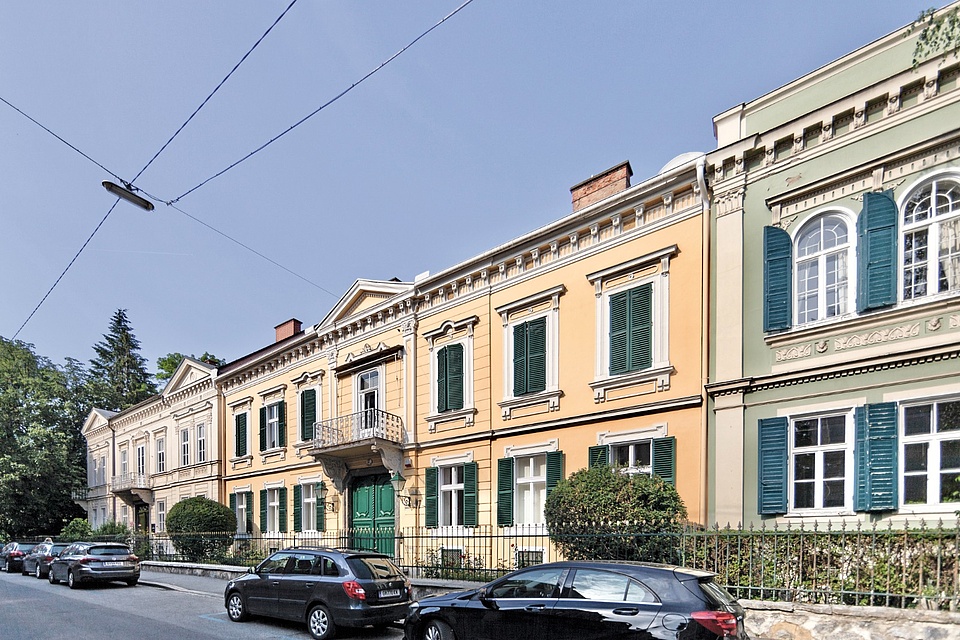Vertiefung - Analyse von Siedlungsstrukturen

Gründerzeit Revisited!
The Gründerzeit was a formative period for European cities, marked by rapid urbanization. Most of the urban districts in Graz that we now perceive as historically evolved were built between 1850 and 1914. Like many other European cities, Graz experienced a phase of rapid expansion during this time, driven by industrialization, population growth, and emerging urban design ideals. The characteristic image of the Gründerzeit city—with its perimeter block structures, wide boulevards, and grand rental buildings—continues to shape the cityscape today.
In this seminar, we will explore the urban principles of the Gründerzeit and ask which of these concepts might still be relevant for 21st-century urban development. In an era of renewed urbanization and climate change, it is worth re-evaluating the qualities of this historical urban model: the balance of density and greenery, the street-facing block structures with quiet inner courtyards, or the mix of uses within neighborhoods.
We will critically analyze these principles and assess their potential for future-oriented city-making. Our test site will be Smart City Graz, a development area in the west of the city where historical insights can be linked with contemporary needs. Through literature reviews, urban analysis, and on-site explorations, we aim to derive and test sustainable concepts for the urban future.
Instructors:
Aglaée Degros
Karina Brünner
Anselm Wagner
Kick-off presentation: February 27, 2025, 13:00, Lecture Hall I
